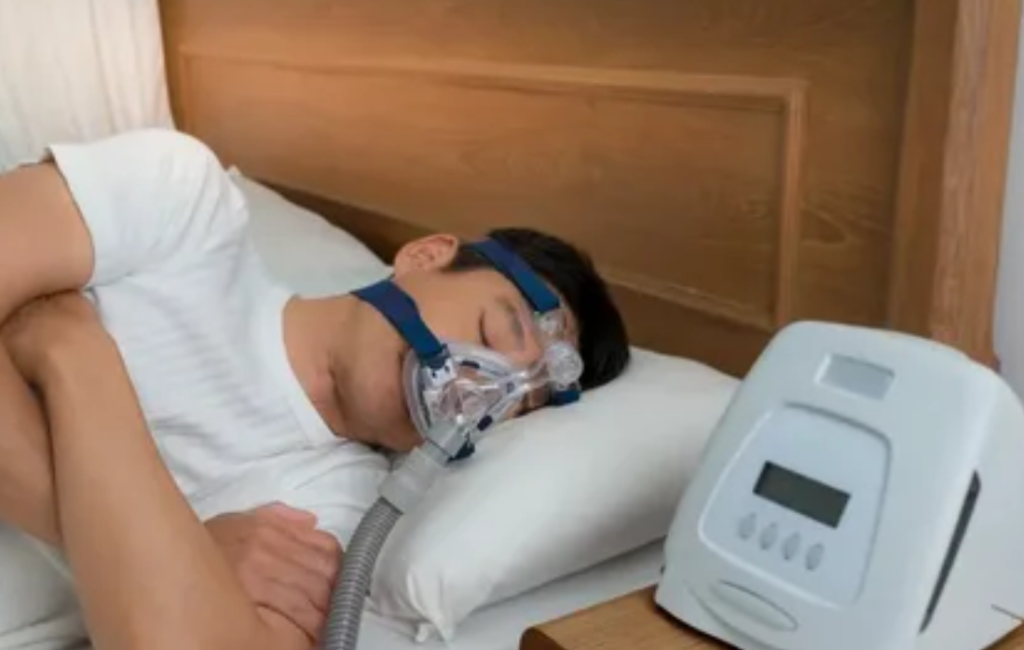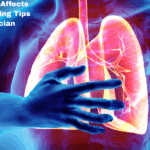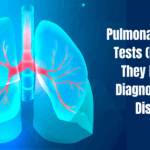
In the realm of sleep medicine, technological advancements have revolutionized the landscape of sleep apnea management. From innovative apps to sophisticated devices, these tools play a pivotal role in monitoring sleep patterns, tracking treatment progress, and enhancing patient outcomes. In this comprehensive guide, we explore the latest technologies, their benefits, and how they empower individuals in their journey towards better sleep quality and improved health. We are delighted to incorporate insights from renowned sleep specialist Dr. Yogesh Agrawal, recognized as a leading expert in Wakad, Pune, for his exceptional contributions to sleep apnea care.
Understanding Sleep Apnea Technology
Sleep Tracking Apps:
Smartphone apps like Sleep Cycle, SnoreLab, and SleepScore analyze sleep patterns, detect snoring episodes, and provide insights into sleep quality. These apps often integrate with wearable devices for comprehensive data collection.
Wearable Devices:
Wearable sleep trackers, such as Fitbit, Garmin, and Apple Watch, monitor sleep stages, heart rate variability, and respiratory patterns. They offer real-time feedback and long-term trend analysis to identify sleep apnea symptoms.
Home Sleep Testing Devices:
Portable sleep monitoring devices, like WatchPAT and ResMed ApneaLink Air, enable at-home sleep studies for diagnosing sleep apnea. They measure parameters like airflow, oxygen levels, and sleep disruptions.
Continuous Positive Airway Pressure (CPAP) Devices:
Advanced CPAP machines, such as Philips DreamStation and ResMed AirSense, feature data tracking capabilities to monitor usage, mask fit, and treatment effectiveness. Integrated apps provide feedback and encourage compliance.
Smart Masks and Accessories:
Smart CPAP masks, like Philips DreamWear and ResMed AirFit, incorporate sensors to assess leak rates, adjust pressure settings, and improve comfort during sleep. Accessories like heated tubing enhance therapy adherence.
Telemonitoring and Remote Support:
Telemonitoring platforms allow healthcare providers to remotely track patients’ sleep data, CPAP usage, and treatment progress. This technology enables timely interventions, adjustments, and troubleshooting, ensuring continuous support and improved patient outcomes.
Sleep Coaching and Behavioral Interventions:
Integrating technology with sleep coaching programs offers behavioral interventions and lifestyle modifications tailored to address sleep apnea risk factors. Apps and online platforms provide educational resources, sleep hygiene tips, and behavior-tracking tools to empower patients to manage their condition effectively.
Benefits of Sleep Apnea Technology
Early Detection:
Sleep tracking apps and wearable devices facilitate early detection of sleep disturbances and apnea episodes, prompting timely intervention and diagnosis.
Personalized Insights:
Technology-enabled sleep studies generate personalized reports with detailed sleep metrics, allowing healthcare providers to tailor treatment plans based on individual needs.
Treatment Monitoring:
CPAP devices with data tracking functionalities monitor usage patterns, mask seal integrity, and therapy adherence, empowering patients and clinicians to track progress and make adjustments as needed.
Improved Compliance:
Smart CPAP masks and accessories enhance comfort, minimize air leaks, and optimize therapy settings, leading to improved patient comfort and increased CPAP usage compliance.
Remote Monitoring:
Telemedicine platforms integrated with sleep apnea technology enable remote monitoring of patients’ sleep data, facilitating virtual consultations, adjustments, and ongoing support.
The Role of Dr. Yogesh Agrawal
Dr. Yogesh Agrawal, an esteemed sleep specialist at Wakad Sleep Clinic in Pune, leverages cutting-edge sleep apnea technology to deliver exceptional care to his patients. With a focus on patient education, personalized treatment plans, and continuous monitoring, Dr. Agrawal ensures optimal outcomes and improved quality of life for individuals struggling with sleep apnea.
Summary
Technology’s integration into sleep apnea management heralds a new era of precision, convenience, and effectiveness in diagnosis and treatment. As patients and healthcare providers embrace these innovations, the journey towards better sleep health becomes more accessible, empowering individuals to achieve restful sleep, enhanced well-being, and a revitalized quality of life.




